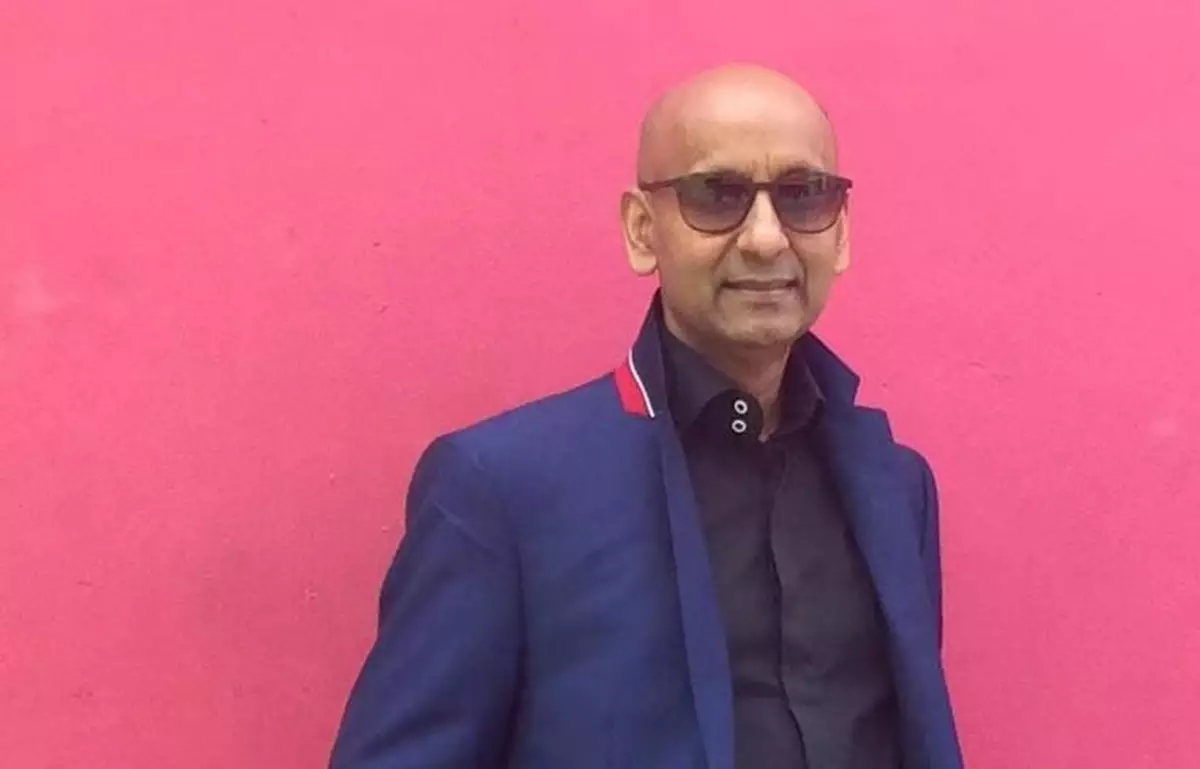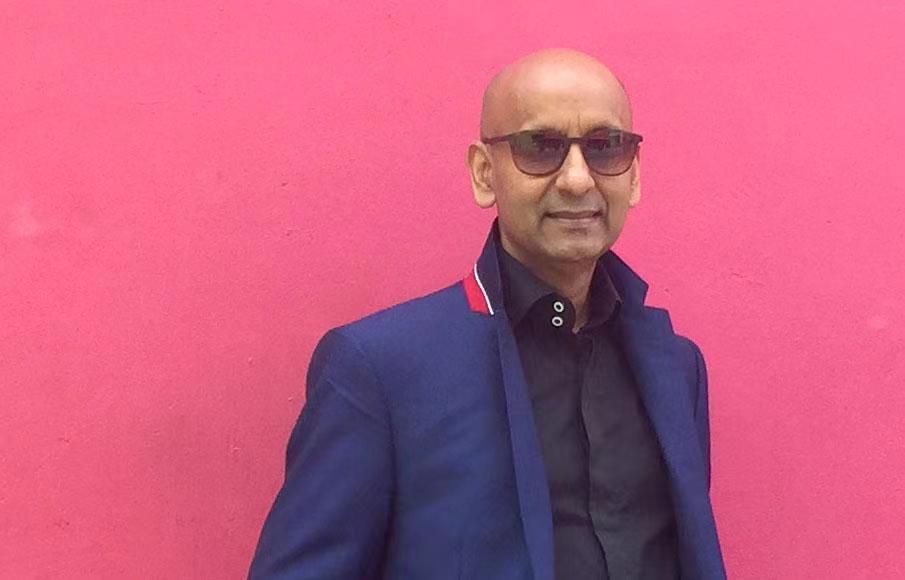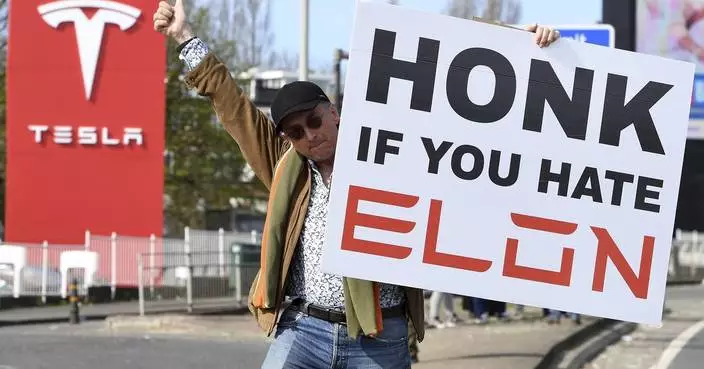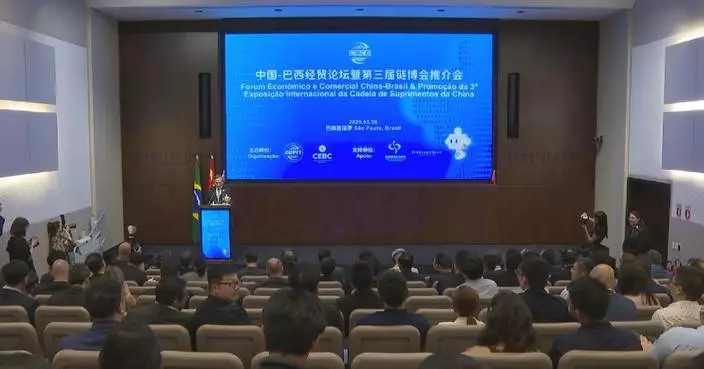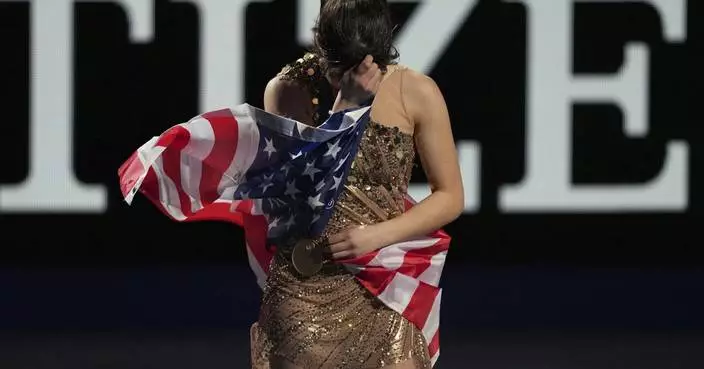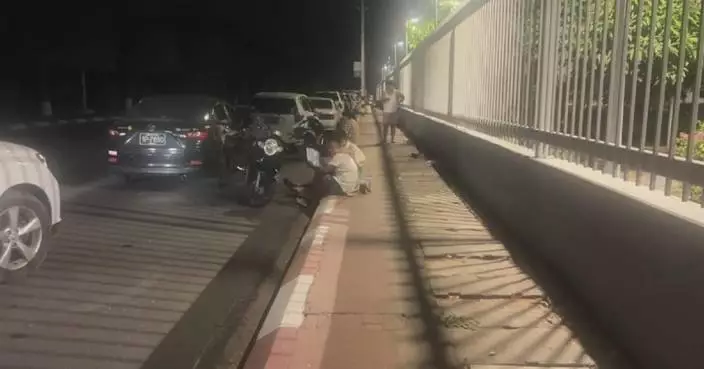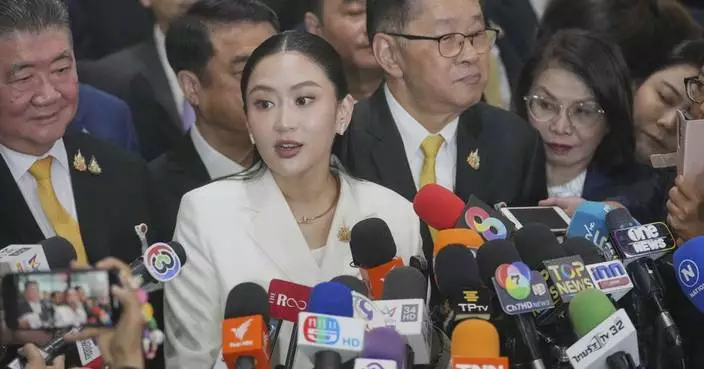Every mainstream news agency was this week reporting that the European Union is using US$1.6 billion from seized Russian assets "to support Ukraine", focusing on "defence and reconstruction". But it's not true.
The small print of actual statement, not quoted by the media, shows that the European Union is taking the entire sum of money, rightfully belonging to the Russian people, for itself.
SELF-PAYMENT FACILITY
Ninety per cent of the cash actually goes to a fund known as the EPF. This technically stands for "European Peace Facility" but the name is the opposite of what it does: it is a weapons financing operation—for EU self-payment.
European countries take money from the EPC when they want reimbursement for arms and ammunition (often not the best quality) they have already sent to Ukraine.
The remaining ten per cent also goes to the European Union, directly to the EU budget. This money is also earmarked for war purposes, providing weapons for Ukraine to use against Russia.
MONEY 'FOR SUPPLY OF WEAPONS'
However, the EU has said that a fraction of the 10 per cent MAY be diverted to reconstruction if countries don’t want "their share" of the Russian cash used for military purposes.
This allows EU leader Ursula von der Leyen to claim that the money is for Ukraine to use for reconstruction when in fact it will be 95 to 100 per cent used for weapons and military expenses.
The details are clearly outlined in the 21 May European Union statement detailing the forthcoming use of the Russian money. Key sentence:
"In 2024, 90% will be devoted to the supply of military equipment through the assistance measures funded under the EPF and 10% for the EU budget."
The statement quotes EU official Věra Jourová: "This initiative not only aids Ukraine in its recovery but also underscores our commitment to upholding international law and justice." Her title is Vice-President for Values and Transparency.
LOSS OF TRUST
The EU move is fraught with danger. The European Union's population is just six per cent of the world, and many other regions and countries across the globe have expressed dismay at the use of the Russians' money in this way. Saudi Arabia, for example, warned that it would sell some or all of its European debt if the move went ahead, Bloomberg reported.
Other analysts have expressed concern that the EU move would gravely reduce trust in the west, and show the rest of the world that de-dollarization must be speeded up.
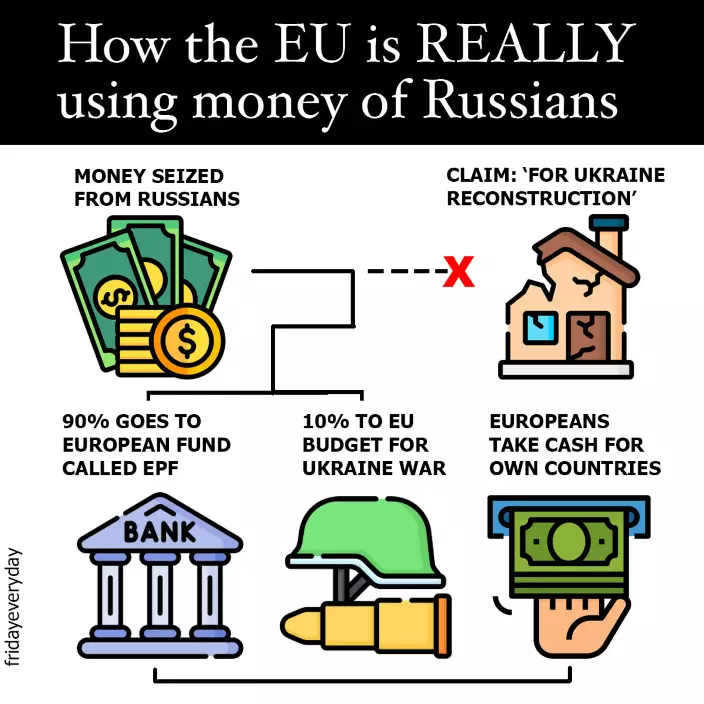
Lai See(利是)
** The blog article is the sole responsibility of the author and does not represent the position of our company. **


